Organic garden expert reveals the simple kitchen ingredient you should be using in your plot
Salt can be used in the garden in many practical and mind-boggling ways, from plant care to weed control

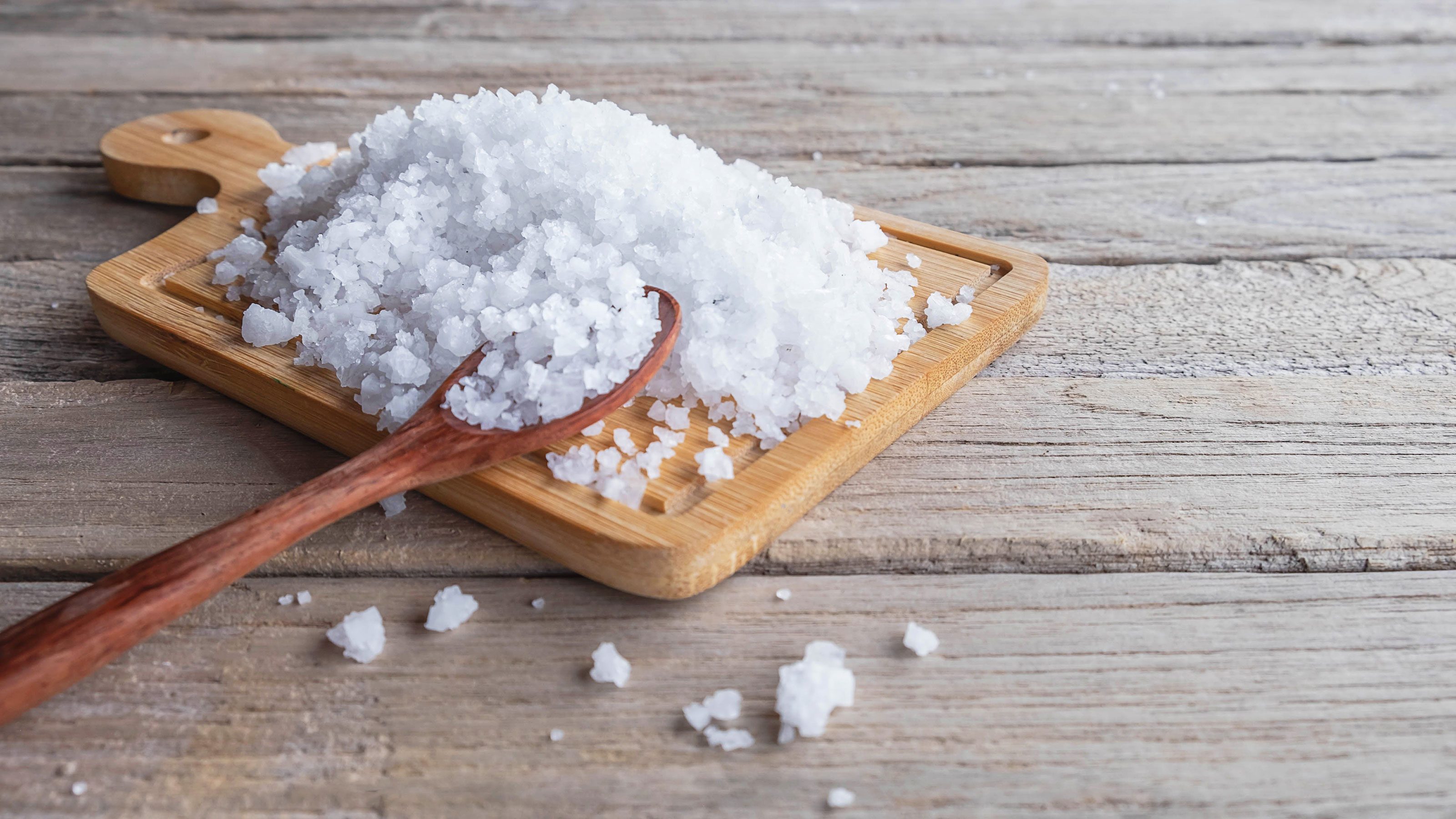
From the earliest Roman times, when crop cultivation and ornamental gardening first began to be documented, common salt has been recognised as beneficial to ward off pests and encourage healthy plant growth. Now, as we look for more ways to create an eco-friendly garden, this common household staple is back in fashion.
'Salt is said to be so valuable it entered our language from salarium, which was the salt ration in a Roman soldiers’ pay,' says Bob Flowerdew, organic gardening expert for Amateur Gardening. 'A pinch of salt, in small doses, can really benefit your garden.'
Proceed with care, however: 'It’s true that a very high concentration of salt will kill almost anything – including weeds – as can almost any dissolved substances. But that’s a really strong solution, and it would need to be a very large quantity, as salt will wash out of the soil so quickly.'
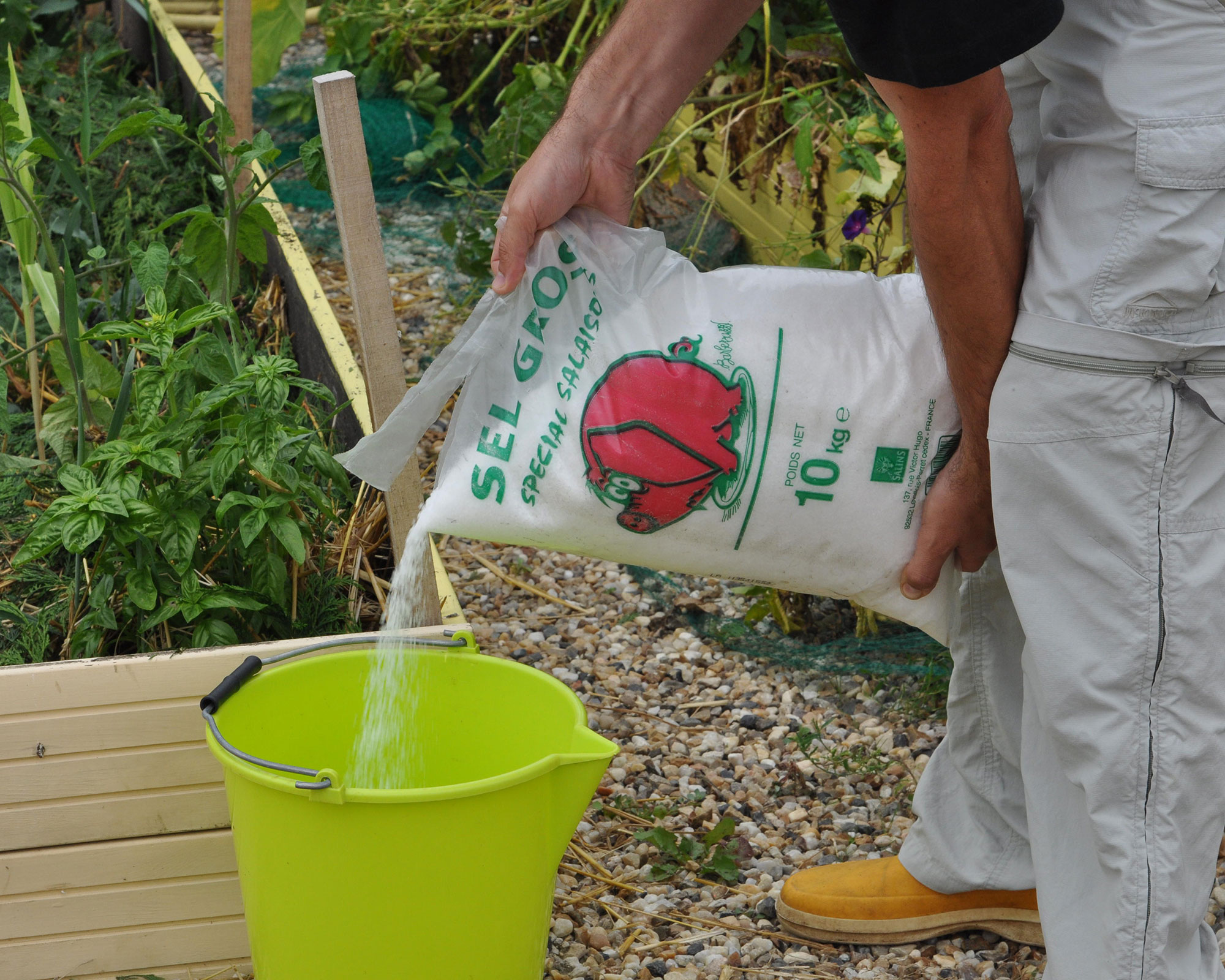
Using salt to kill weeds
Of course if there are plants you want rid of in your garden, salt can do the trick, chemical-free. If you want to get rid of poison ivy, for example, gardener Kelly Keating, founder of Gardener Basics, says salt can be effective.
'Simply mix salt and water together to create a saltwater solution, and then apply it directly to the poison ivy plants. The salt will work to kill the plants, and you won't have to worry about putting any harmful chemicals on your property.'
Gabriel J. Croteau, Certified Master Gardener at Juliei Salone, also likes to throw a handful of salt into his organic compost. 'Salt will help break down organic matter faster so that you can use it sooner in your garden or yard,' he says.
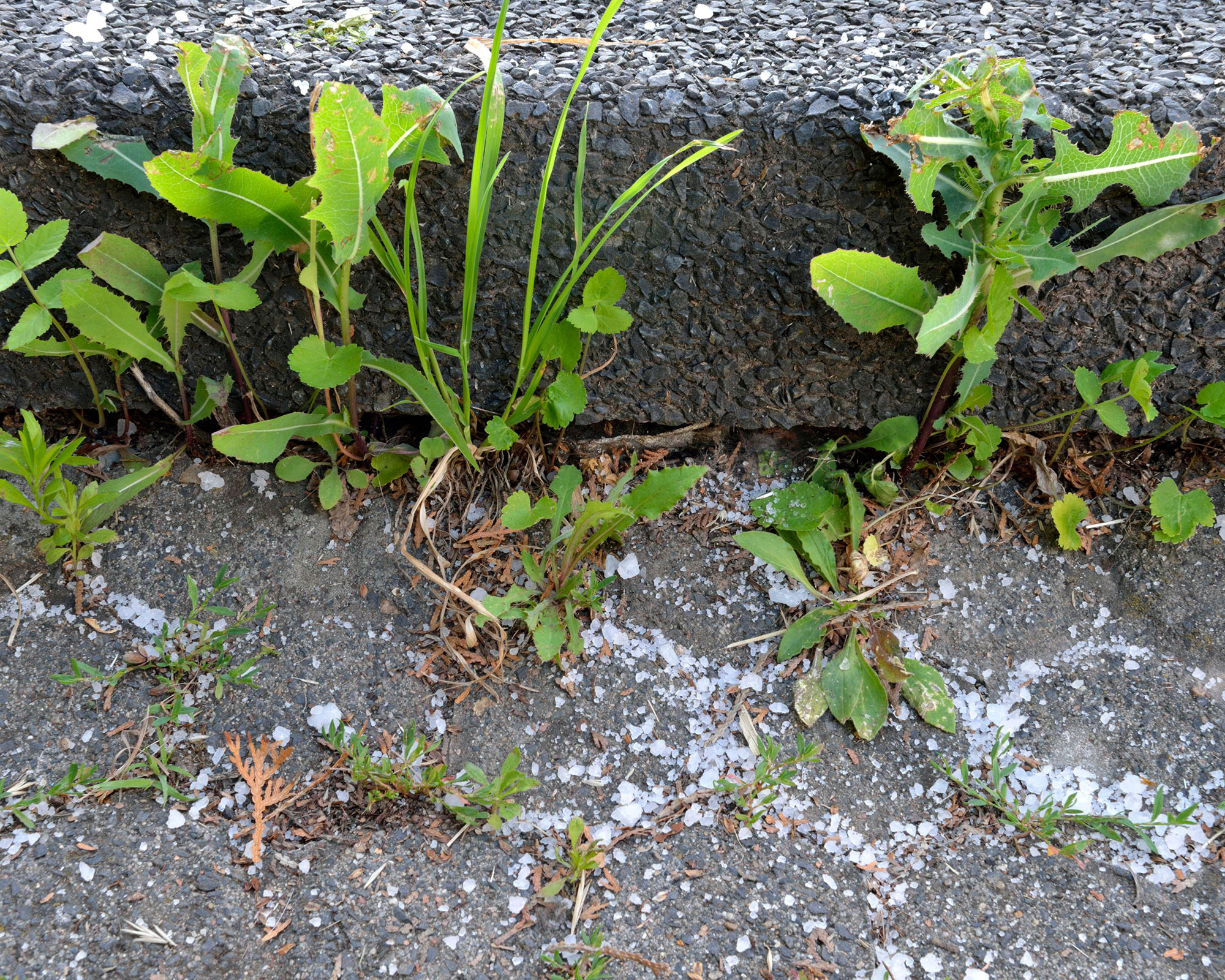
Boost healthy plant growth
Salt is a fertilizer, in the sense that small amounts help to improve the growth of some plants, says Bob. 'I’ve tried it experimentally on turf and, as long as it is dissolved and watered on, diluted salt helps to green things up and has remarkably little damaging effect, until reaching a handful a square yard.'
It’s particularly good for asparagus, he adds, doing double duty for fertilizing plants and as a weed killer: 'Strong solutions are used in asparagus beds for the likes of "Jersey Giant" and can keep weeds in check.'
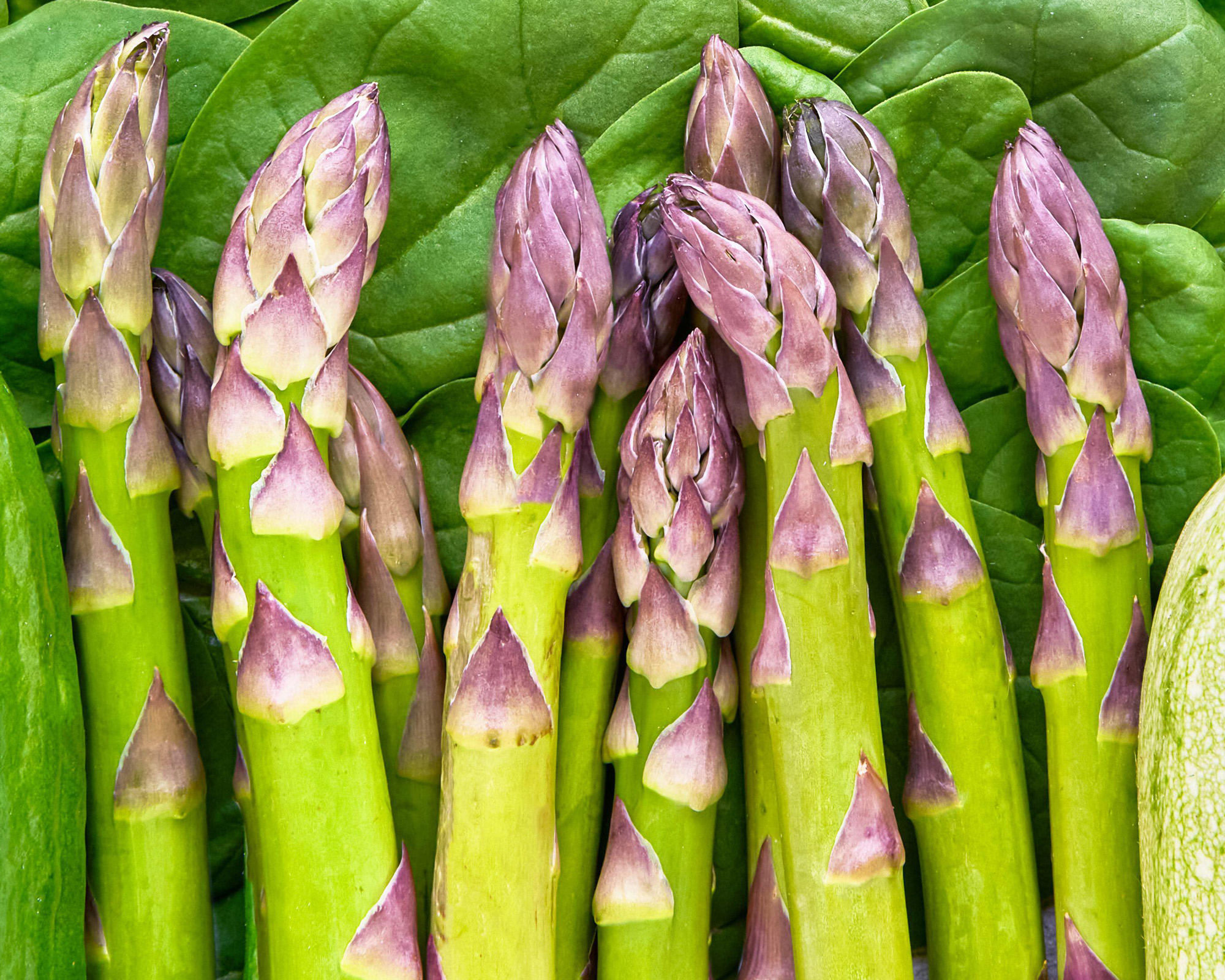
Adding salt to seaside plants
Coastal plants which are well-adapted to salty soil and are likely to benefit from extra sodium rations include sea holly, samphire, statice and sea kale, and many other plants originating from the seaside, says Bob.
'Both beetroot and cabbages originated as maritime plants, so they too benefit from salt in their diet,' he adds. But as with us, best to use it sparingly.'
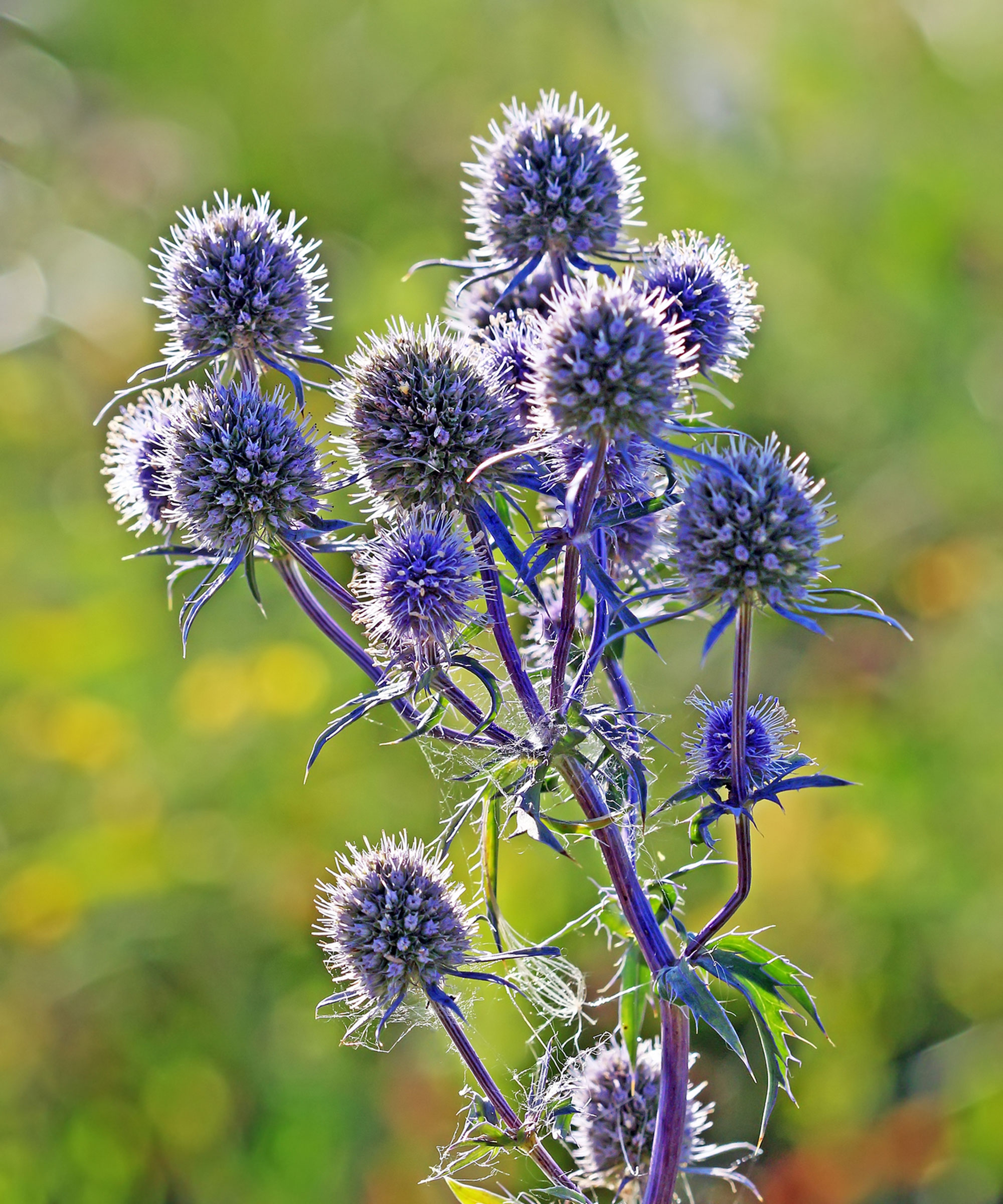

Jayne Dowle is an award-winning gardening, homes and property writer who writes for publications including Sunday Times Home, Times Bricks & Mortar, Grand Designs, House Beautiful and The Spectator. She was awarded the Garden Journalist of the Year accolade at the Property Press Awards in 2021.
